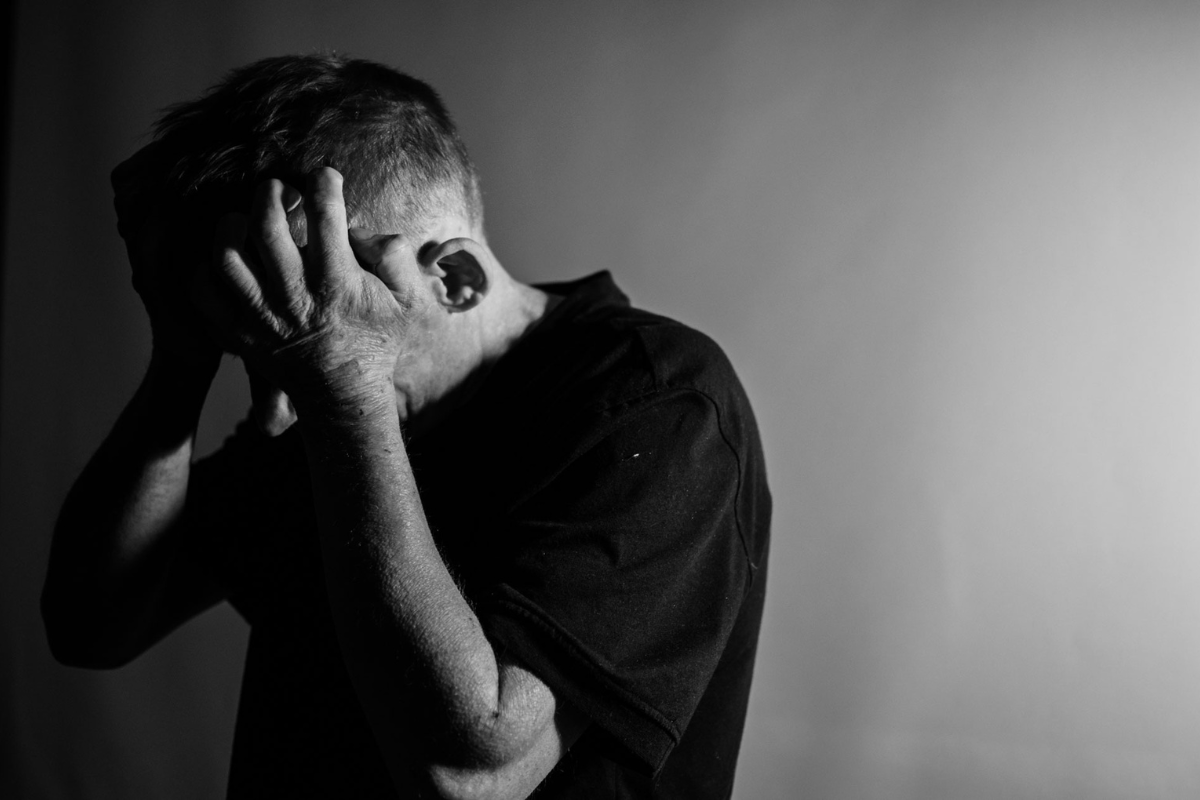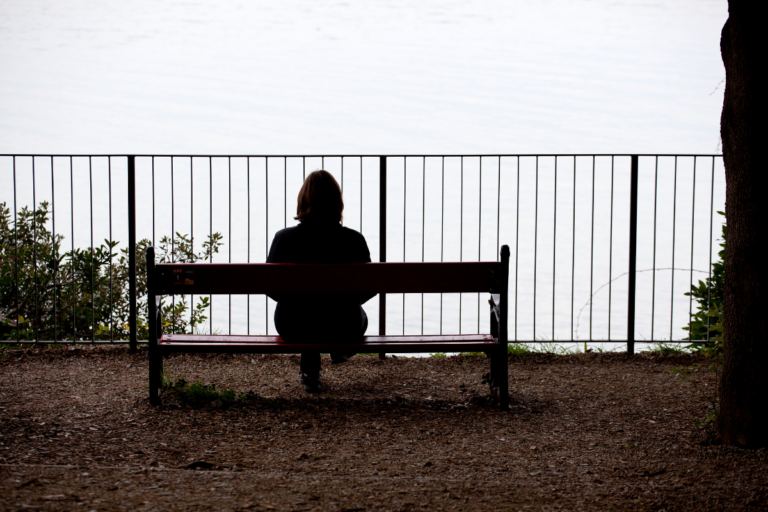
Loneliness isn’t just a feeling, it’s a public health crisis. And for men, it’s a growing problem that many don’t even talk about. In a world where masculinity is often equated with independence and emotional toughness, many men, especially those in middle age and older, are struggling with loneliness and depression behind closed doors. The consequences? Increased rates of mental health disorders, physical health issues, and even higher mortality rates.
Rising Rates of Loneliness and Social Isolation in Men
Recent studies highlight a troubling trend: men are increasingly experiencing loneliness and social isolation. In the United States, surveys reveal that the number of men without a close friend has risen fivefold since 1990, escalating from 3% to 15% by 2021. The implications of this trend are alarming. Social isolation significantly elevates the risk of premature death from all causes, rivaling established risk factors such as smoking and obesity. Studies show that chronic loneliness can be as harmful to your health as smoking 15 cigarettes a day. Moreover, it heightens the likelihood of depression, anxiety, and suicide.

Why Are So Many Men Struggling With Loneliness?
Traditional masculine norms often emphasize traits like self-reliance and emotional restraint. There’s no single answer as to why men struggle with loneliness, but here’s what we do know:
1. The “Man Up” Mentality Hurts More Than It Helps
From a young age, many men are taught to be self-reliant, to keep emotions in check, and to “tough it out.” While resilience is important, suppressing emotions and avoiding deep conversations leads to isolation.
2. Friendships Fade With Age
Women tend to maintain close friendships through frequent emotional check-ins, but men’s friendships often revolve around activities—sports, work, or hobbies. As careers shift, marriages take precedence, and family responsibilities pile up, those social ties start to weaken.
3. Men Are Less Likely to Seek Help
When men struggle with depression or loneliness, they are far less likely than women to seek professional support. In fact, only an estimated 40% of men with mental health issues seek treatment, compared to nearly 60% of women.
4. Divorce and Retirement Create a Social Void
Middle-aged and older men are particularly at risk. Divorce often leads to a loss of social connections, and retirement can strip away daily interactions that once provided a sense of community.
Consequences of Male Loneliness and Depression
The consequences of loneliness and depression in men are profound. Chronic loneliness has been linked to increased risks of cardiovascular disease, weakened immune function, and higher mortality rates. Mentally, it can lead to cognitive decline and heightened susceptibility to mental health disorders.

Depression in men often manifests differently than in women, sometimes presenting as irritability, anger, or aggression rather than sadness. This can lead to underdiagnosis or misdiagnosis, further hindering effective treatment. Alarmingly, men account for a higher percentage of death by suicide globally, underscoring the critical need for targeted mental health interventions.
The Role of Society in Combating Male Loneliness
Addressing male loneliness and depression requires a collective effort. Society must challenge traditional notions of masculinity that discourage emotional expression. Educational programs and public awareness campaigns can play pivotal roles in reshaping these norms.
Healthcare providers should be trained to recognize the unique ways depression may manifest in men and encourage open dialogues about mental health. Workplaces can also contribute by promoting work-life balance and fostering supportive environments that prioritize mental well-being.
Community-based initiatives, such as Men’s Sheds and social groups, should be supported and expanded to provide more opportunities for men to connect. These programs offer safe spaces for men to engage in shared activities, discuss their challenges, and build meaningful relationships.
Final Thoughts
Loneliness and depression in men aren’t just personal struggles—they’re a societal issue that needs urgent attention. By understanding the factors contributing to social isolation among men and promoting initiatives that foster connection and emotional expression, society can take significant strides toward mitigating this crisis. Embracing vulnerability, challenging outdated norms, and building supportive communities are essential steps in ensuring that men lead healthier, more connected lives.
Responsibly edited by AI
Other Blog Posts in
Animo Sano Psychiatry is open for patients in North Carolina, Georgia and Tennessee. If you’d like to schedule an appointment, please contact us.
Get Access to Behavioral Health Care
Let’s take your first step towards. Press the button to get started. We’ll be back to you as soon as possible.ecovery, together.




